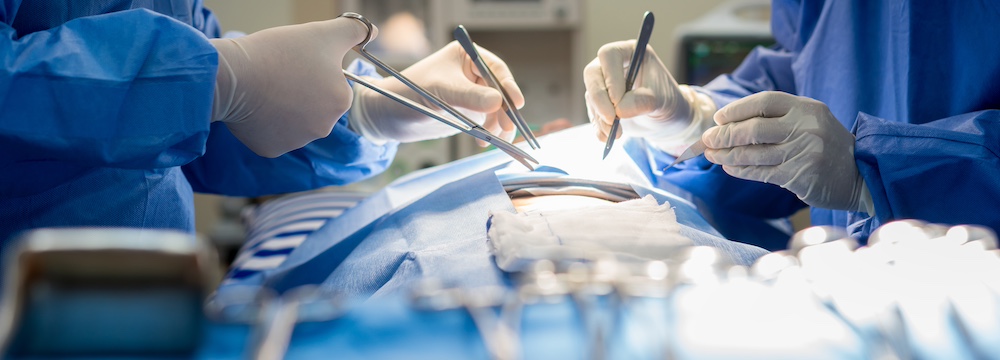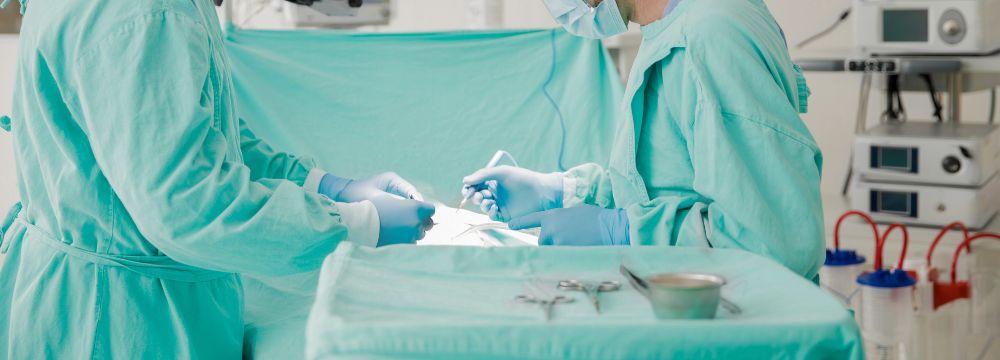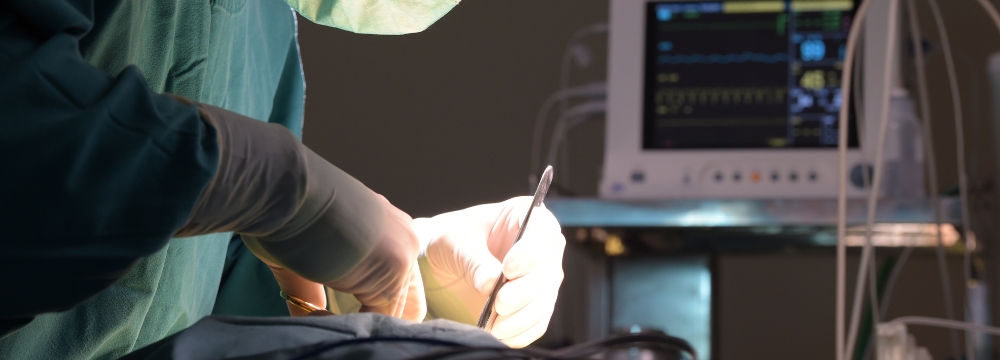Colon & Rectal
Abdominal pain is one of the most common conditions that we experience over our lives. Not only are there a multitude of disorders and diseases of the abdomen, but there are many benign concerns that may cause transient abdominal pain as well. Sometimes, symptoms are not terribly specific to a particular issue or condition, so to get right to it, it is advisable to make an appointment with your primary care physician or a general surgeon if you are experiencing abdominal pain without any obvious cause. However, we can generally classify abdominal issues based on where and when the pain occurs. Some of these can include:
Hernia Pain
While a hernia can occur anywhere in the abdomen, most hernias occur in men and in the groin. These are known as inguinal hernias. Men often feel a sense of heaviness, burning, dull or sharp pain which can radiate away from the hernia location. Typically, a man will know they have a hernia when it is aggravated by anything that puts pressure on the abdomen like weightlifting, certain sports, passing a bowel movement, coughing, or sneezing. Many hernias also present with a distinct lump that can either be seen or felt under the skin. Other hernias can include femoral, those in the thigh, umbilical, usually in the form of an outie bellybutton and incisional under or near a prior incision usually from surgery. There are other hernias that typically appear as a bulge and may or may not come with associated pain.
Gallstones
Millions of Americans have had their gallbladders removed and gallbladder removal surgery or cholecystectomy represents the definitive solution for symptomatic gallstones. Anywhere from 15 to 20% of Americans have gallstones, but only a small number of them develop symptoms. The hallmark of gallstones is pain in the upper right quadrant of the abdomen, generally right under the rib cage. This pain often worsens shortly after a meal and may be significantly worse after a large meal that includes significant amounts of fat. Remember that the gallbladder pushes out bile for digestion, so the timing stands to reason. If a gallstone becomes lodged in the common bile duct, it can cause significantly more, constant pain and requires immediate care at the hospital. This can also cause pancreatitis or inflammation of the pancreas at which point the pain may radiate to the center of the stomach and even around the back.
GERD
GERD or Gastroesophageal Reflux Disease can also cause significant abdominal discomfort. As the acid washes into the esophagus, pain may radiate through the chest and the abdomen. It is important to make the distinction between GERD and cardiovascular issues. So, if you are experiencing unusual chest pains, or any form of medical emergency, visit the ER or dial 911 immediately.
Diverticulitis
A healthy colon is smooth along its entirety, however several underlying issues can create small pockets or out pouching known as diverticula. If any of these pouches become inflamed and infected, it is known as diverticulitis. Diverticulitis can be mild or debilitating and can be treated with anything from antibiotics to surgery depending on how significant a concern it represents. Typically, diverticulitis presents with pain in the lower left quadrant of the abdomen. Learn more about our colo-rectal program
Appendicitis
Your appendix is a small sausage-shaped outpouching from the colon. We do not know exactly what role the appendix plays in our gut health, but if it becomes blocked and inflamed, it can cause significant pain. If left untreated, the appendix can burst and caused an infection in the abdomen. Appendicitis is a serious concern that should not be ignored, and patients should visit their ER as soon as possible to see treatment.
There are, of course a host of other potentially benign or malignant issues in the abdomen that can cause pain. Certain forms of cancer present with abdominal pain. Other very mild conditions such as dyspepsia, excess gas or food poisoning cause transient, but often significant pain in the abdomen. It is always best to visit your doctor.
Bottom Line
Ultimately, the goal is to identify any potential abdominal concerns early so you have the greatest number of potential treatment options. To achieve this, do not ignore abdominal pain and instead visit your physician or surgeon as soon as possible to get an appropriate diagnosis. Of course, as with any medical issue, if you believe you are having a medical emergency, do not wait to call 911 or get to the ER for immediate care.











